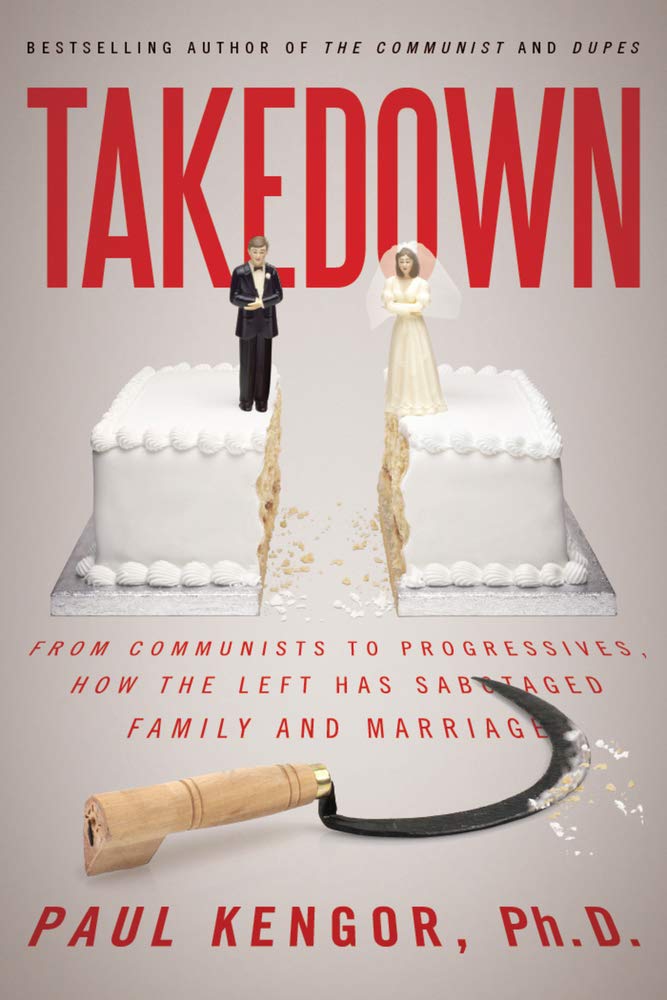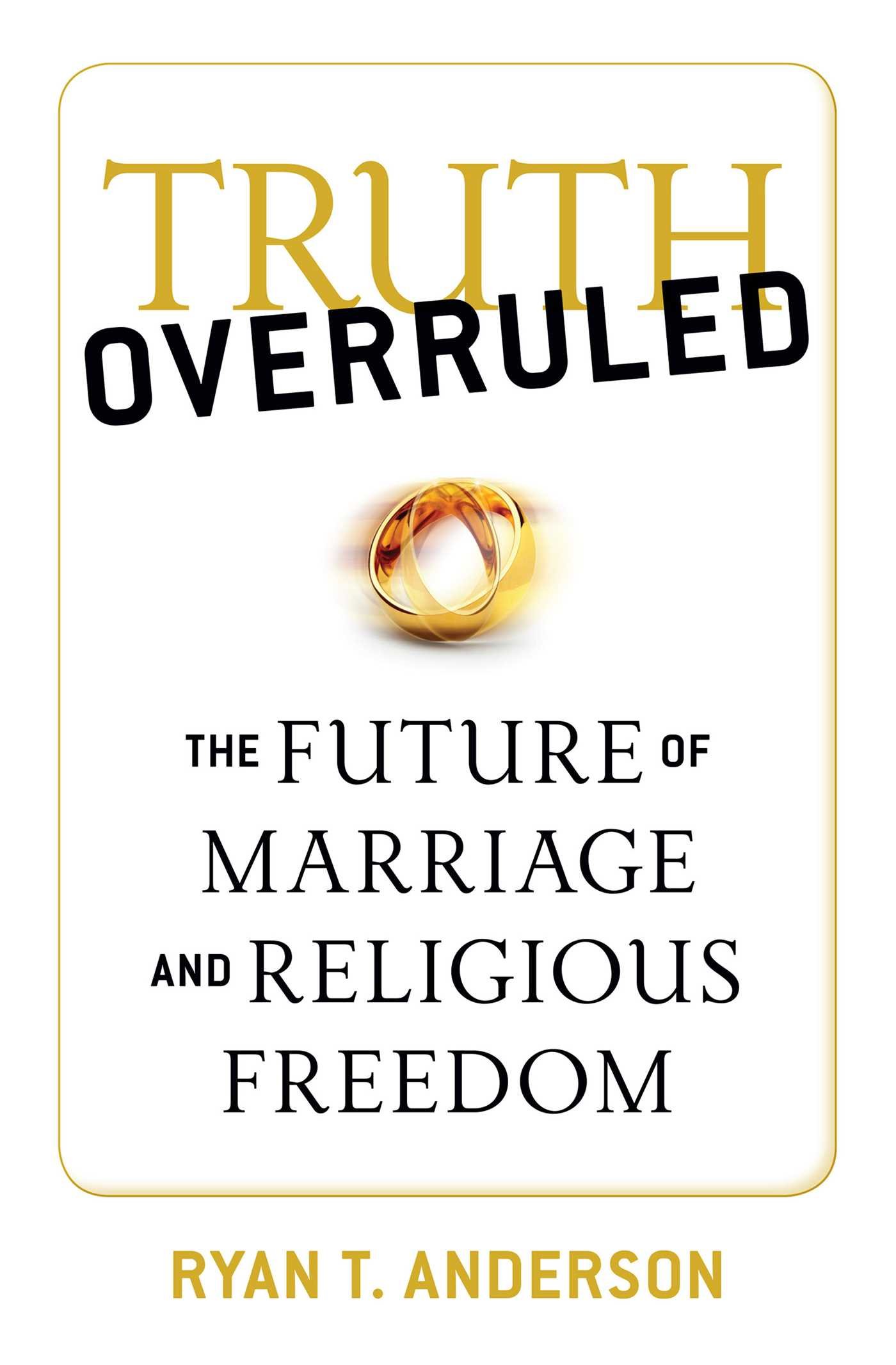Reflections on African American Family Dynamics in the Twentieth Century “How does it feel to be a problem?” asked sociologist W.E.B. Dubois in the opening chapter of The Souls of Black Folk (1903). African Americans have faced a perennial struggle with “double consciousness,” he explained, seeing themselves simultaneously from the perspective of their own black […]
Read MoreResilience or Pathology?
- Post by: Ryan C. MacPherson
- September 24, 2015


